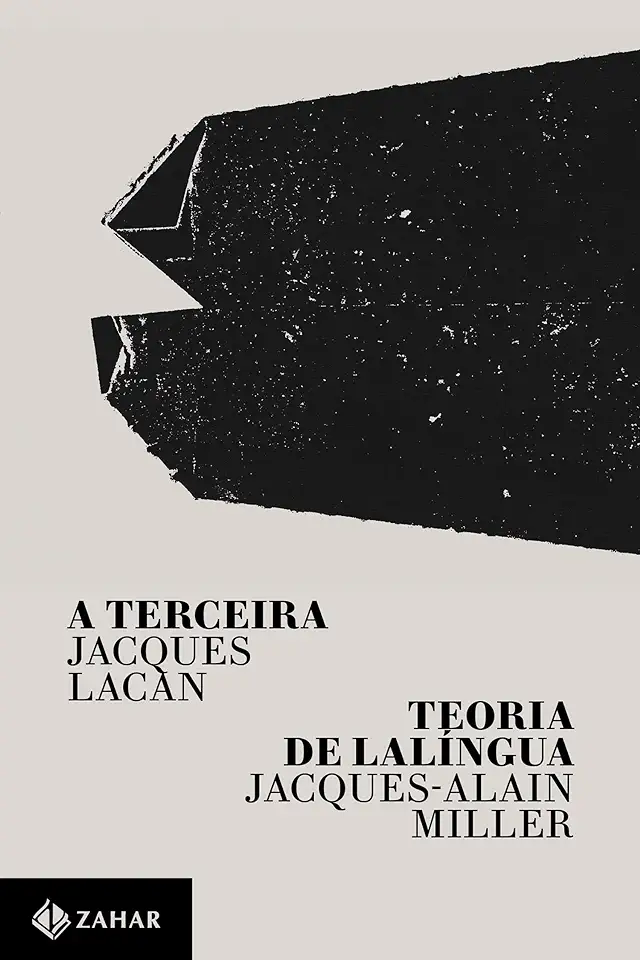
The Third / Theory of Lalangue - Lacan, Jacques
The Third: The Theory of Lalangue
In "The Third," Jacques Lacan presents a radical new theory of language that challenges traditional notions of meaning and communication. Lacan argues that language is not simply a tool for expressing thoughts and ideas, but rather a complex system of symbols that shapes our very experience of reality.
Lacan's Theory of the Signifier
Lacan's theory of language is based on the concept of the signifier, which is a linguistic unit that represents something else. For example, the word "tree" is a signifier that represents the concept of a tree. However, Lacan argues that the signifier does not simply stand for the concept it represents; rather, it also carries with it a range of associations and meanings.
For example, the word "tree" may also evoke images of nature, growth, or strength. These associations are not inherent in the word itself, but rather are created by the way in which the word is used in language.
The Symbolic Order
Lacan argues that language is a system of signifiers that creates a symbolic order that shapes our experience of reality. This symbolic order is not something that is fixed and unchanging, but rather is constantly evolving and changing. As the symbolic order changes, so too does our experience of reality.
The Real and the Imaginary
Lacan also distinguishes between the real and the imaginary. The real is the realm of things that exist independently of our thoughts and perceptions. The imaginary is the realm of things that exist only in our minds.
Lacan argues that language is a bridge between the real and the imaginary. It allows us to represent the real in the imaginary, and to make sense of the world around us.
The Mirror Stage
One of the most important concepts in Lacan's theory of language is the mirror stage. The mirror stage is a developmental stage that occurs around 18 months of age, when a child first recognizes itself in a mirror.
Lacan argues that the mirror stage is a crucial moment in the development of the self. It is the moment when the child first becomes aware of itself as a separate and distinct individual.
The mirror stage also has a profound impact on the child's development of language. It is the moment when the child first begins to use language to represent itself and its world.
The Oedipus Complex
Another important concept in Lacan's theory of language is the Oedipus complex. The Oedipus complex is a developmental stage that occurs around 4 or 5 years of age, when a child begins to desire its mother and feel jealous of its father.
Lacan argues that the Oedipus complex is a crucial moment in the development of the child's sexuality. It is the moment when the child first becomes aware of its own sexual desires.
The Oedipus complex also has a profound impact on the child's development of language. It is the moment when the child first begins to use language to express its own desires.
The Third
The third is a concept that Lacan uses to describe the relationship between the signifier, the symbolic order, and the real. The third is the space that exists between the signifier and the real, and it is the space in which meaning is created.
Lacan argues that the third is essential for understanding language and communication. It is the space in which we negotiate the meaning of words and the way in which we communicate with each other.
Conclusion
"The Third" is a challenging and rewarding book that offers a new way of thinking about language and communication. Lacan's theory of language is a powerful tool for understanding the way in which language shapes our experience of reality.
If you are interested in learning more about language and communication, I highly recommend reading "The Third." It is a book that will change the way you think about language and the world around you.